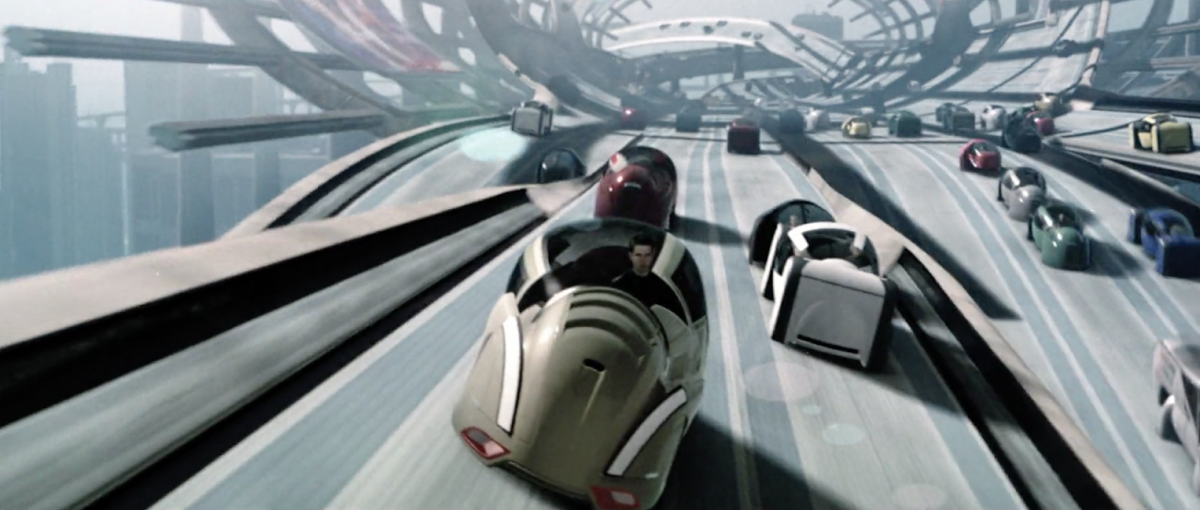There is a lot of discussion about disruptive technologies and their effects on brands and branding. In the last decade we have learned about brands that became global players pushing established brands off the imaginary throne of the kingdom of brands. Arguably the most famous case is that of the mobile phone industry: Qualcomm with its brand Snapdragon became a global leader of chips used in mobile devices, the standard chip in most Android phones, in just a decade.
Nokia made it from a hundred year old rubber company to a global leader of mobile phones in another. Snapdragon, Qualcomm’s chip brand is now the new “Intel inside” — actually at one point Qualcomm was surpassing Intel in market capitalization. The mobile phone industry presents many miracle brand stories, from Motorola to Apple, as well as failures like Nokia’s. In this extremely fast moving business segment brands can make it or break it in moments – as it happened with Nokia not realizing in time the advent of the smart phone era, and almost with Qualcomm when it introduced its new 64bit Snapdragon chip too early pressured by competitors like Apple.
Cars without drivers
One of the biggest socio-technical advances in the coming decades will be that of the deployment of autonomous vehicles. Many think that it will be a true game changer — altering our patterns of mobility to transforming or consumption practices and urban designs. The economic as well as the social impacts are hard to overestimate.
Trillions of dollars of investment in infrastructure as well as major societal changes from dramatically reduced numbers of road accidents to equally dramatically increased access to mobility in certain age and social groups suggest that our mobility practices will be transformed by autonomous vehicles just as much as our communication practices were revolutionized by mobile and smart phones.
From a brand(ing) perspective the autonomous mobility scene also resembles that of the mobile phone industry two decades ago. The car industry has had its hardships, also in the last half a century some of the well-known brands went out of business, like Simca of France, Maybach in Germany, Oldsmobile, Pontiac, Saturn or Mercury in the US. A more recent casualty could be Vauxhall in the UK that may fall because of the GM –PSA deal.
Behemoth killers emerging?
On the other end of the spectrum, Tesla or Smart became household brands with a lot of hype and a great brand promise. Will new brands emerge as autonomous vehicle brands begin to appear and would that kill some of the smaller players like Alfa Romeo or Volvo, or even the untouchables like Volkswagen or Renault? Will the current incumbents keep their positions or will they lose the value of their brand(s) because of not being able to uphold neither the promise nor the faith of the brand community?
I guess we will see more R.I.Ps in the automotive world in the coming years simple because there is a difference between the universe of technology and the globe of brands. Technologies are path-determined products of the engineering mind. A car is a car is a car is a car to paraphrase Gertrude Stein’s famous poem sacred Emily – but not necessarily a car in the imagination of the potential consumer.
Our mobility futures are not populated by four or two wheeled steel-and-petrol techno-objects but by a myriad of “mobility things” carrying people, objects and information in a unique and artificial intelligence determined rhythm. The control of movement will, mostly, be out of our hands and so will the emergence and failure of brands that carry our hopes embedded in sociotechnical imagination. Car manufacturers will continue to make cars, but people will come up with new crazy ideas to assist, create and determine mechanized mobility. Some ideas will fail and some others will burst – and so will some of the brands.
While many still talk about autonomous cars the future will not be a car-world. Cars in different shapes, made by altered materials, and boosted by diverse propellants will, most probably, be part of the post-car future as will be other mobility things. With these new devices come new brands, new visions and new communities. Some car brands will survive and others will disappear.
Those are the ones that are here to stay that realize that they do not represent a specific technology for the people but made-up or yet unthought dreams of moving, swarming and drifting people who want to be mobile (or stationary) in more ways and by more means than we can currently imagine.
Zdroj foto: 20th Century Fox


